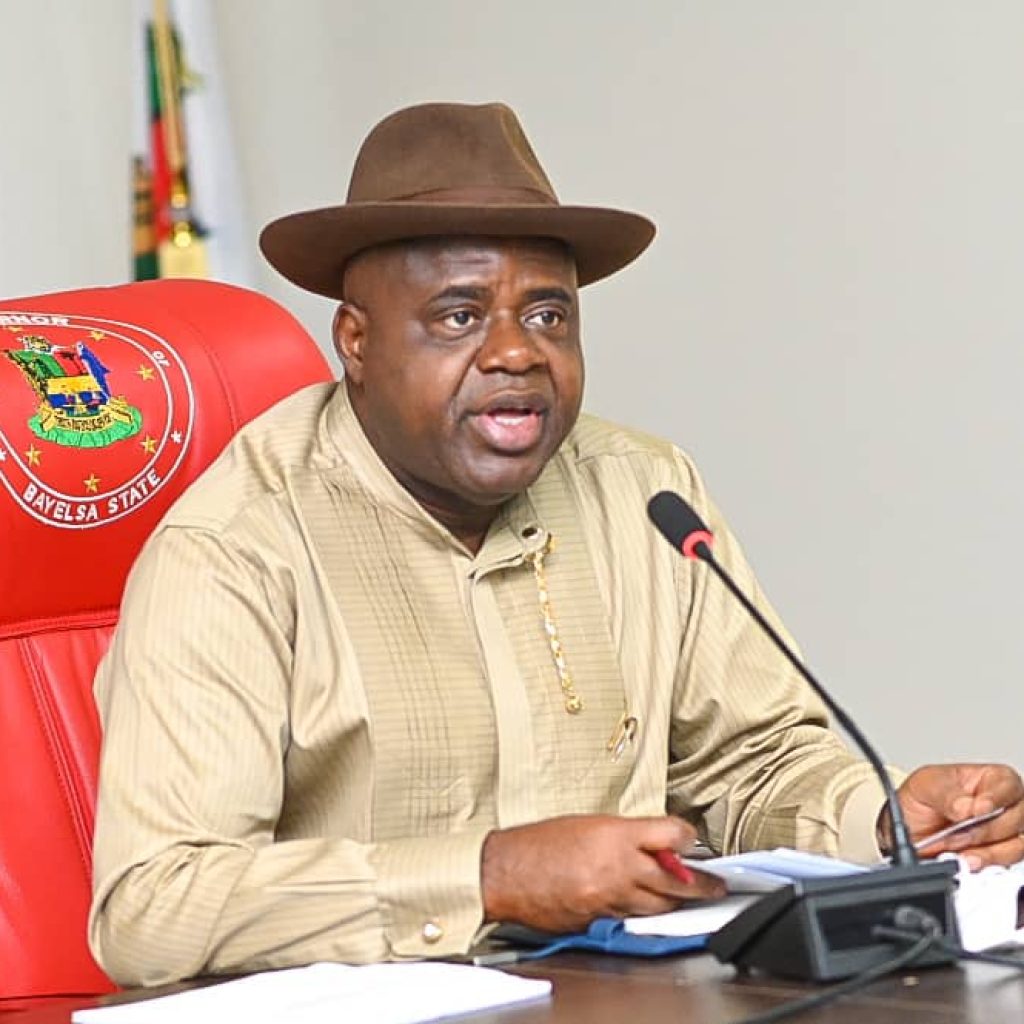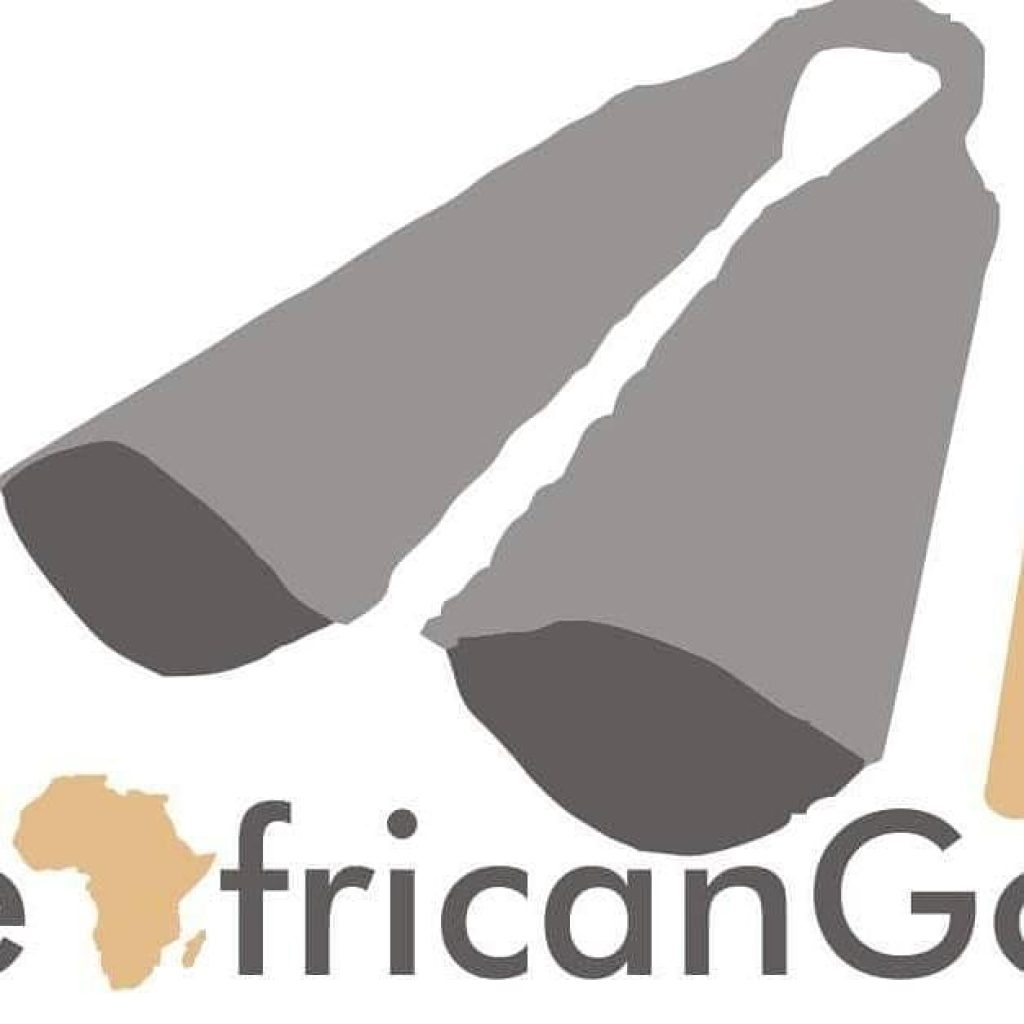
…Predicts Block Vote for Diri In Constituency 4
Publisher of the Blue Economy Magazine Online, Dr. Piriye Kiyaramo has predicted block vote for Sen. Douye Diri in Southern Ijaw Constituency 4, citing ongoing Yenagoa-Oporoma-Ukubie and Toru-Ebeni-Ogboinbiri-Ekeni-Ezetu road projects as reasons for the bloc vote, reiterating that the two projects linking Southern Ijaw Constituency 4 will open up the state to the Blue Economy corridors.
Speaking with journalists at the end of the governor’s recent electioneering campaign to Ukubie, Ogboinbiri, Korokorosei, and Olugbobiri communities in Southern Ijaw Constituency 4, Dr. Kiyaramo, the Senior Special Assistant (SSA) to the governor on Tourism, noted that Southern Ijaw, being the largest local government area in the country, endowed with several marine resources will become the frontier for coastal blue growth in the state.
The SSA on Tourism however noted that though Southern Ijaw Local Government Area boasts of several fishing settlements and fine sandy beaches located at Foropah, Koluama, Ekeni and Ezetu, among others which form part of the state’s long coastline that is adjudged to be the longest among the littoral states in Nigeria was vulnerable to hazards associated with sea level rise such as waves and ocean currents, tidal activities and storm surges.
He maintained that the Blue Economy approach to sustainable development which has a broad relationship in the utilization of marine products for the prosperity of coastal communities has a big role to play with regards to the future of humanity, adding that the Blue Economy recommends a better sustainable development approach for coastal communities.
The publisher enumerated activities commonly understood to represent the blue economy to include maritime shipping, fishing and aquaculture, marine and coastal tourism, renewable energy, water desalination, undersea cabling, seabed extractive industries and deep sea mining, marine genetic resources, and biotechnology.

Dr. Kiyaramo further assured that Gov. Diri’s proposed new Ministry of Blue Economy will be the right to properly harness the abundant marine resources as part of the strategic sustainable development agenda of the prosperity administration to tap into the blue growth opportunities during his second term in office, informing that the ministry will transform the state’s rich maritime sector into a leader in maritime activities to diversify Bayelsa’s oil-based economy into other sectors.
He hinted that both the traditional and emerging industries/sectors within the blue economy would lead to job creation, improved food security, coastal tourism, infrastructure development, green energy, smart cities and ports, among others, when properly harnessed and managed with the backing of the enabling policy framework.
“Common examples of the blue economic activities include fisheries and aquaculture, processing and trade of these resources and maritime transport playing a big role in the globalized market in the form of containerships, tankers, and ports for vessels where Bayelsa State has comparable advantage already.
“Apart from the established traditional ocean industries such as fisheries, tourism, and maritime transport, the blue economy has diverse components like the new and emerging activities, such as offshore renewable energy, aquaculture, seabed extractive activities, and marine biotechnology and bioprospecting.
“This is the reason why the people of Southern Ijaw Constituency 4 will give their bloc vote the Gov. Douye Diri to enable him consolidate his vision of turning Bayelsa State into a hub of blue economy activities. The fact that Bayelsa State has the longest coastline in Nigeria presents the state as a potential blue tourism destination. Nigeria is also reported to be the largest fish consumer in Africa and among the largest fish consumers in the world, with about 3.2 million metric tons of fish consumed annually. With the establishment of the new Ministry of Blue Economy, Bayelsa State will be working towards having a fair share of the estimated US$1.5 trillion global per annum acurable revenue from the blue economy.

“The Ijaw are unarguably the most populous tribe inhabiting the Niger Delta region and arguably the fourth largest ethnic group in Nigeria. Many are found as migrant fishermen in camps as far west as Sierra Leone and as far east as Gabon. They account for about 1.8% of the Nigerian population, according to CIA Factbook,” Dr. Kiyaramo hinted.
The idea of the Blue Economy was conceived at the Rio +20 United Nations Conference on Sustainable Development held in Rio de Janeiro in June 2012, and addressed two key themes: the further development and refinement of the institutional framework for dustainable development and the advancement of the Green Economy.
